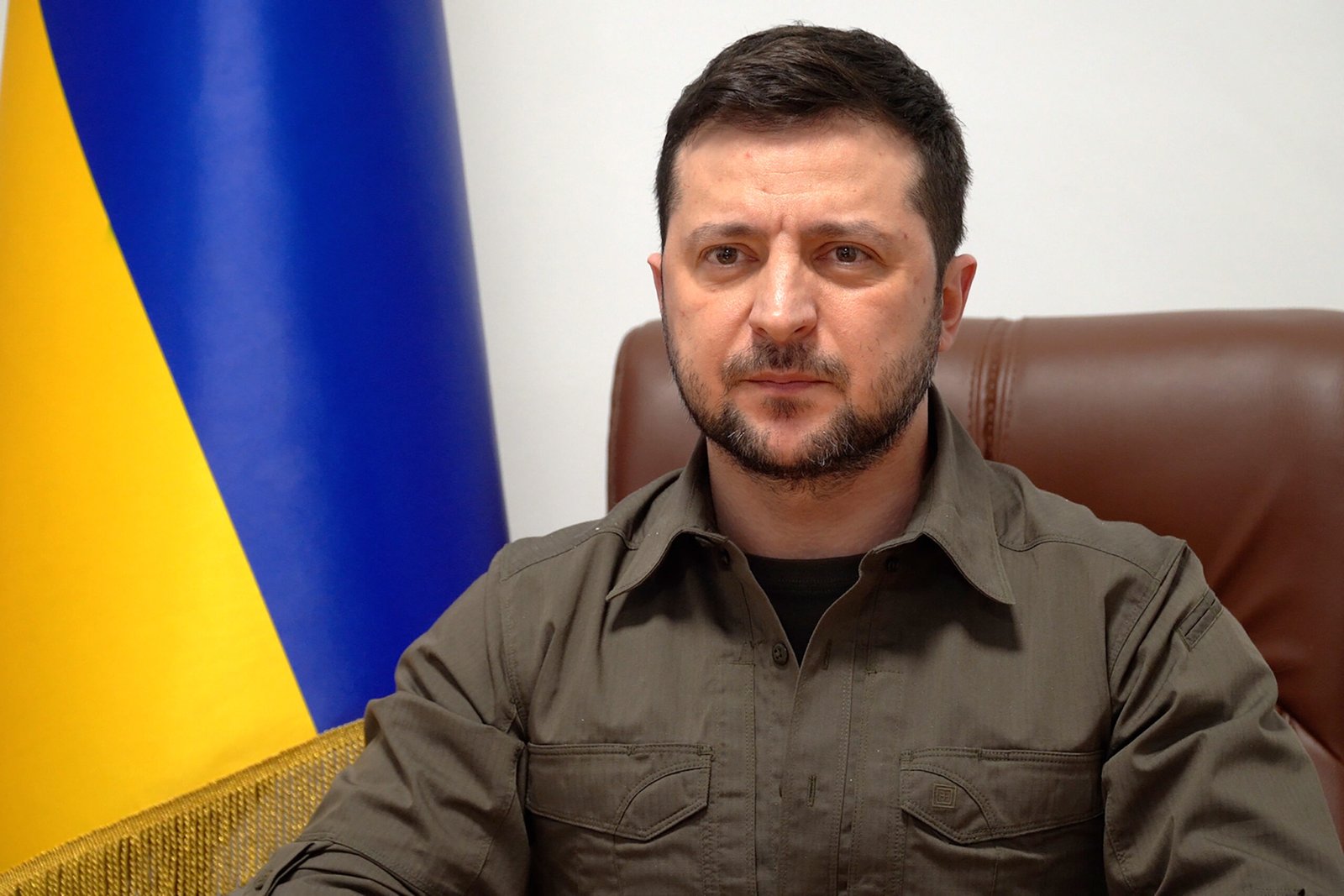- Friedrich Merz, Germany’s incoming Chancellor, is considering sending Taurus missiles to Ukraine, a shift from current policy.
- Merz’s comments follow a Russian missile attack on Sumy, Ukraine, which he labeled a “serious war crime”.
- The Taurus system could be used to target the Kerch Bridge, a critical link between Russia and occupied Crimea.
- This potential policy change underscores the importance of international cooperation and strategic decision-making in the ongoing Ukraine conflict.
In a significant shift from the policy of incumbent German leader Olaf Scholz, Friedrich Merz, the soon-to-be Chancellor of Germany, has expressed his readiness to send Taurus missiles to Ukraine. This move is part of Germany’s efforts to help Ukraine seize the momentum against Russia. Merz’s stance was made clear during an interview with ARD’s Caren Miosga, where he reiterated his past calls to arm the Ukrainian military with long-range weapons.
Merz’s comments came in the wake of a Russian missile attack on the Ukrainian city of Sumy, which he labeled as a serious war crime. The attack resulted in at least 34 civilian deaths and left 117 wounded. The German chancellor-in-waiting justified his position on the Taurus missiles by stating that the Ukrainian military needs to be able to “get ahead of the situation. However, he emphasized that the delivery of long-range missiles would only happen after consultations with Germany’s European allies.
The Taurus system offers a greater range than the French Scalp cruise missile or the British Storm Shadow missile. It also has the necessary precision to effectively destroy critical targets such as bridge piers. Merz suggested that it could be used to target the Kerch Bridge, the most important land link between Russia and the Russian-occupied Crimean peninsula. This would strategically put Ukraine ahead of the situation, according to Merz.
Ukraine’s Demand and Germany’s Resistance
Ukraine has been demanding the delivery of German Taurus cruise missiles for years, primarily to target strategically important infrastructure such as the Kerch Bridge. The bridge has been attacked several times during the war but not fully destroyed. Chancellor Scholz has consistently rejected the delivery of Taurus missiles, fearing that Germany could become a party to the war if it sends Kyiv the weapons.
In related news, a senior Ukrainian MP has called for an FBI investigation into who is spreading Russian propaganda in the White House. This came after President Trump described a Russian ballistic missile strike, which killed at least 34 people, as a “mistake”. Oleksandr Merezhko, chairman of the Ukrainian parliament’s foreign affairs committee, described Trump’s assertion as “preposterous”.
Meanwhile, Ukrainian officials reported that two ballistic missiles hit the heart of Sumy, a city about 18 miles away from Ukraine’s border with Russia, as people gathered to celebrate Palm Sunday. This was the second large-scale attack to claim civilian lives in just over a week. World leaders, diplomats, and ordinary people expressed their condolences to Ukraine and condemned the Russian strike.
The Strategic Importance of Taurus Missiles
Merz’s stance on sending Taurus long-range cruise missiles to Ukraine is a departure from the policy of outgoing Chancellor Olaf Scholz. He believes that the Ukrainian military needs to be able to “get ahead of the situation” and that any delivery of long-range missiles must be done in consultation with European partners.
The 19-kilometer-long (12-mile) Crimean (Kerch) Bridge, constructed following Russia’s illegal occupation of Crimea in 2014 and completed in 2018, serves as a vital supply route for Russian forces. The bridge has been targeted by Ukraine multiple times, suffering heavy damage in strikes in October 2022 and July 2023. Merz suggested that if the most important land connection between Russia and Crimea is destroyed, it would be an opportunity to bring Ukraine strategically back into the picture.
The Western diplomatic isolation imposed on Putin after the outbreak of the full-scale war seems to be unraveling as Trump has resumed direct diplomatic contact with Moscow in an effort to broker a ceasefire. These efforts have largely stalled, as the Kremlin rejected a proposal by Washington and Kyiv for a full 30-day truce and continued in deadly attacks against Ukrainian cities and infrastructure despite a partial ceasefire agreed upon on March 25.
The situation in Ukraine is a complex and evolving one, with various international players involved. The decision of the incoming German Chancellor to potentially arm Ukraine with long-range missiles represents a significant shift in Germany’s policy towards the conflict. However, it is clear that any such move would be made in consultation with Germany’s European allies, reflecting the interconnected nature of the crisis. This development underscores the importance of international cooperation and strategic decision-making in addressing the ongoing conflict in Ukraine.

